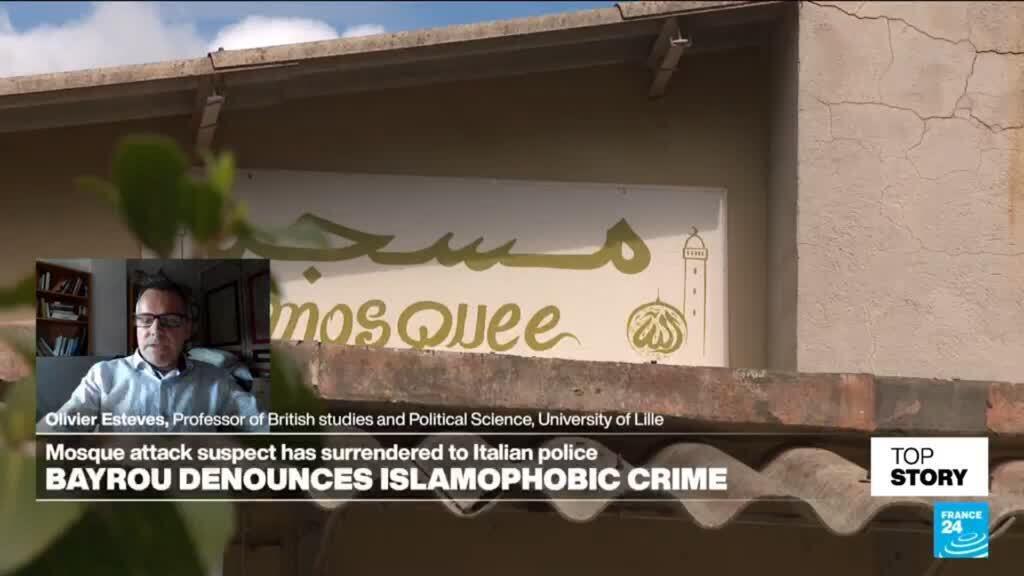On April 29, 1945, the last SS troops abandoned the Ravensbrück concentration camp, a notorious facility that was the largest Nazi camp dedicated specifically to women. This event marked the end of harrowing experiences for thousands of women who endured unimaginable suffering. Among those imprisoned was Suzanne Bouvard, a young woman originally from Brittany, France. Her story reflects the broader experiences of women during the Holocaust, highlighting both resilience and the bonds formed under extreme circumstances.
During her time at Ravensbrück, Suzanne Bouvard forged a deep friendship with Simone Séailles, a fellow prisoner and a dedicated member of the Parisian resistance. This connection became vital as the two women navigated the daily horrors of camp life. Their bond not only provided emotional support in an otherwise bleak and terrifying environment but also established a powerful link between them that would endure even beyond death. The friendship between Suzanne and Simone serves as a poignant reminder of the human connections that can flourish even in the darkest times.
As the war came to an end and the survivors began to reclaim their lives, Suzanne faced a daunting challenge: how to rebuild after such profound trauma. Eschewing a return to a life defined by her past, she chose a different path that symbolized renewal and hope. She became devoted to farming, specifically planting orchards in a bid to reconnect with the earth and establish a new sense of normalcy. This decision was not merely about agriculture; it was an act of profound healing. By cultivating the land, Suzanne sought to reclaim her identity and find solace after her horrific experiences in the concentration camp.
Ravensbrück, with its complex history, served as a backdrop for countless stories of suffering and survival. The camp was a place where over 130,000 women were imprisoned, and the experiences of those like Suzanne and Simone shed light on the gender-specific violence and oppression that characterized the Holocaust. The friendships formed in such dire circumstances illustrate the strength of the human spirit and the capacity for love and solidarity amid despair.
As time has passed, the legacies of individuals like Suzanne Bouvard and Simone Séailles continue to resonate. They not only represent the lost lives during this dark period but also the resilience and strength exhibited by those who survived. The act of planting orchards by Suzanne symbolizes her defiance against her traumatic past, demonstrating her determination to create beauty and life where there once was suffering and death.
Today, the memories of Ravensbrück and its prisoners are preserved through testimonies and historical accounts that ensure we do not forget the atrocities of the Holocaust. The stories of Suzanne and Simone remind us of the importance of remembering history, honoring the past, and recognizing the enduring impact of trauma on individuals and communities. The friendships formed in the face of brutality and the choices made to pave a path towards healing remain relevant lessons in contemporary discussions about resilience, recovery, and human rights.












